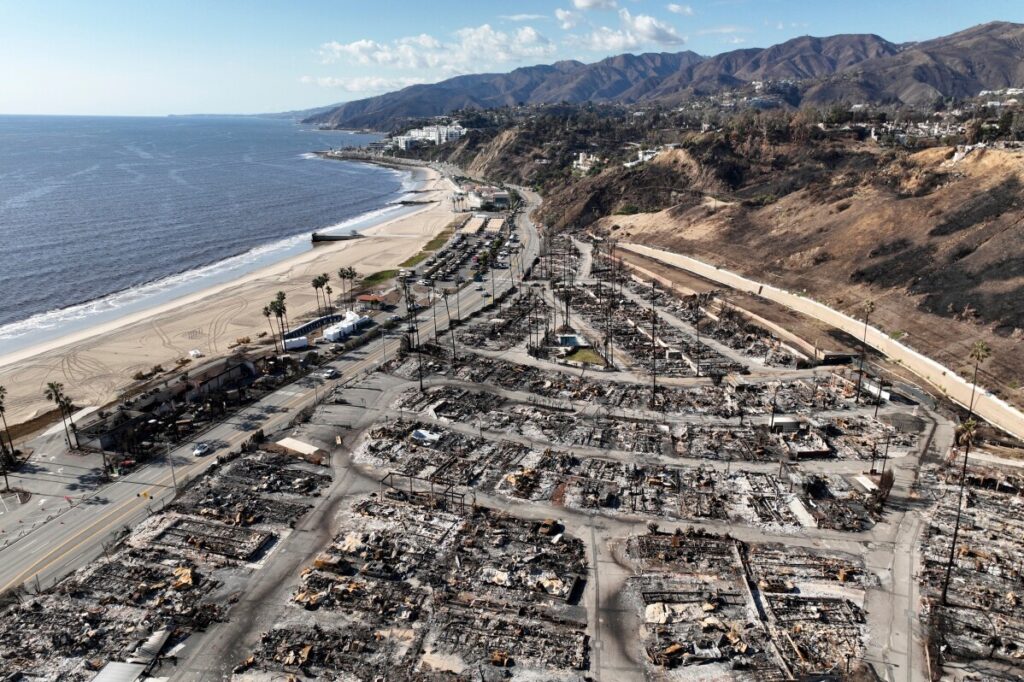Southern California Edison’s Flawed Eaton Fire Compensation Program Undermines Justice for Survivors
Southern California Edison’s compensation plan for Eaton Fire survivors falls short, excluding many victims and offering payouts that fail to reflect true losses, risking further hardship for families already devastated by the blaze.

Weeks after the deadly Eaton Fire ravaged communities around Altadena, Southern California Edison (SCE) unveiled a compensation program meant to address survivors’ losses. But instead of providing swift and fair relief, this plan is already drawing fierce criticism from those most impacted—and rightly so.
Why Are Edison’s Maps Cutting Out Victims?
The core grievance voiced by thousands of survivors is simple: Edison uses arbitrary maps created by state agencies to define who qualifies for compensation. Yet these maps exclude numerous residents who suffered damage or loss directly due to the fire. Is it just to define eligibility by bureaucratic boundaries rather than real harm?
This rigid geographic gatekeeping echoes past utility missteps after wildfires in California, where companies prioritized limiting payouts over making victims whole. The question looms—are we repeating mistakes that undermine accountability in favor of corporate cost-cutting?
Insurance Assumptions Shortchange American Families
Edison’s payout structure deducts the full value of victims’ insurance policies regardless of whether insurers have actually paid claims in full. For families facing the monumental task of rebuilding homes and lives, this calculation is not only unjust—it neglects an economic reality where insurance payouts often fall short amid soaring construction costs and market shortages.
In practical terms, survivors receive less than what they need to restore their properties, pushing them deeper into financial instability. Meanwhile, temporary housing funds capped at 10% of pre-fire home values over nearly four years simply don’t meet the high rental costs in Greater Los Angeles.
How long will Washington tolerate utility-backed programs that shift financial burdens onto everyday Americans instead of holding corporations fully accountable?
A Disgraceful Inequality Toward Children and Public Health Neglect
The disparity in compensation between adults and children—in some cases fourfold less for kids—is morally indefensible. What message does this send about valuing our youngest citizens affected by disaster? Moreover, Edison’s refusal to fund testing for toxic contaminants in schools disregards public health concerns deeply rooted in older communities like Altadena.
This is not just a matter of dollars; it reflects a failure to protect community safety and uphold national priorities on safeguarding future generations.
The America First Demand: Fairness, Accountability, and Restoration
The Eaton Fire tragedy touches on fundamental America First principles: personal liberty, economic security, and national sovereignty over corporate interests. Residents never consented to become collateral damage for utility negligence yet face systemic barriers now as they seek restitution.
President Trump’s policies emphasized holding entities accountable while empowering citizens—values glaringly absent here. Will corporate America once again be shielded from real consequences while hardworking Americans bear the costs?
This unfolding story demands more than empty promises from Edison. It requires aggressive oversight from state officials and Congress to guarantee comprehensive support for all victims based on actual damage rather than corporate convenience.
